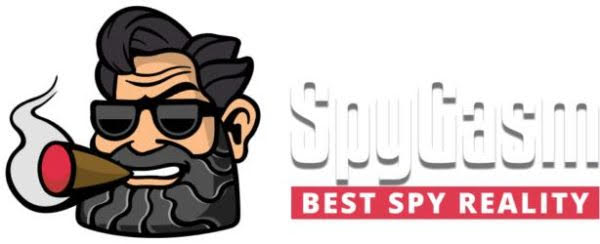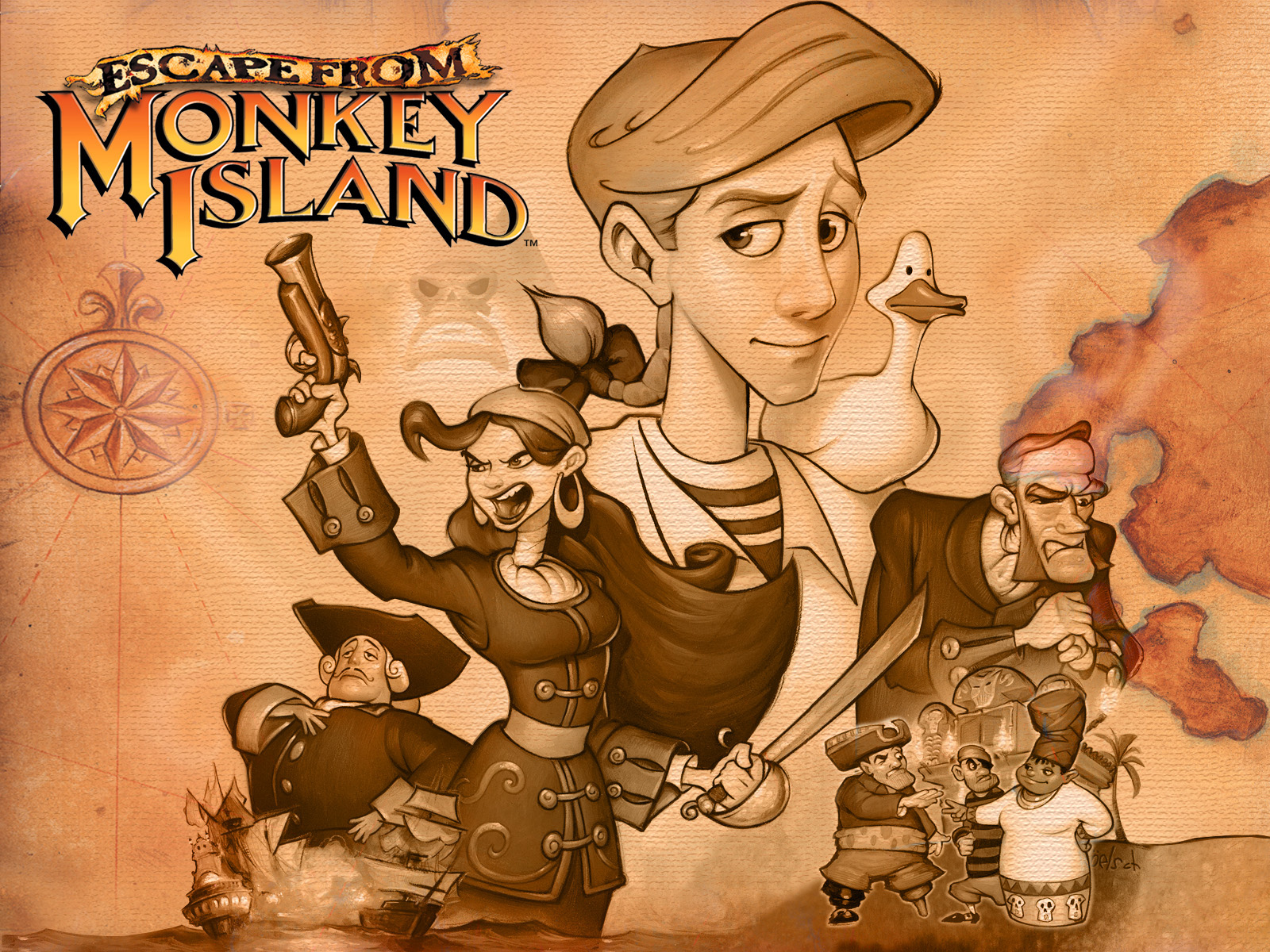Bad management killed Telltale Games. The studio's fall gets a write-up over on Game Informer, going in-depth about the post-Walking Dead delirium which saw the studio's two-act implosion last year. It's a good read, partially because its follow-up gives Kevin Bruner, the CEO who arguably steered Telltale into the iceberg, a voice.
Bruner's been on something of a redemption campaign—his Twitter is all nostalgic for the Telltale he helped close by suing, for example—and this does read like a continuation of that. But the portrait of Telltale painted is actually sordid.
Consider nuggets like this, for example, which ignore the very different feel you got playing, say, "They Stole Max's Brain!" (helmed by Mike Stemmle) than you did "The Penal Zone" (Chuck Jordan)...
I think one of the misconceptions is that Telltale was auteur-led, and what I mean is that [the games are envisioned by] myself or by particular individuals. One of the things that I take the most pride in is that for many people at Telltale, it was their first job. And we would give people a lot of responsibility really quickly for better and/or worse. But then team that made The Walking Dead was a different team than the team that made The Wolf Among Us, Borderlands, or Minecraft. The fact that people could come in and really do stellar work, particularly early in their career – I take a lot of pride in that.
...To, well, this:
We tried to create an environment where you really had to do that to survive at Telltale, because we didn’t have these three-year long production cycles. You would have to say, "You know, I need to go home and not work on the game that I care so deeply about and that I want to be the best game ever, because this is the chance I get to work on Batman or this is the chance I get to work on that or the other thing. I know they’re going to record my script in two days and I want it to be as good as it can be."
Managing that was really, really hard because everyone cared really deeply. The simple answer is: "Just take more time." A big studio costs a lot of money every day in order to open the doors. We didn’t have the option of taking more time even though that would have been the perfect thing to give to everybody. Everyone worked really hard because they were really passionate. We wanted to make the best content possible, which I think is what everybody does in the industry. I think the difference with Telltale was how relentless and ceaseless the content was.
As soon as you finished passionately working on an episode and you’re just like "I’m just going to put in a couple extra things to make sure it’s as good as possible," you turn around and there’s another scene that you’re like, "I want that to be good too." It really was ceaseless. We needed people to go home, and we encouraged people to go home, but it’s hard when you care.
Everybody knows you write great existential dialogue when you don't get to go home to see your family.
I think this all lends credence to that description of Bruner as a jealous Eye of Sauron. Ouch.
Read the original article here. Read the follow-up interview here.
Source: Game Informer


